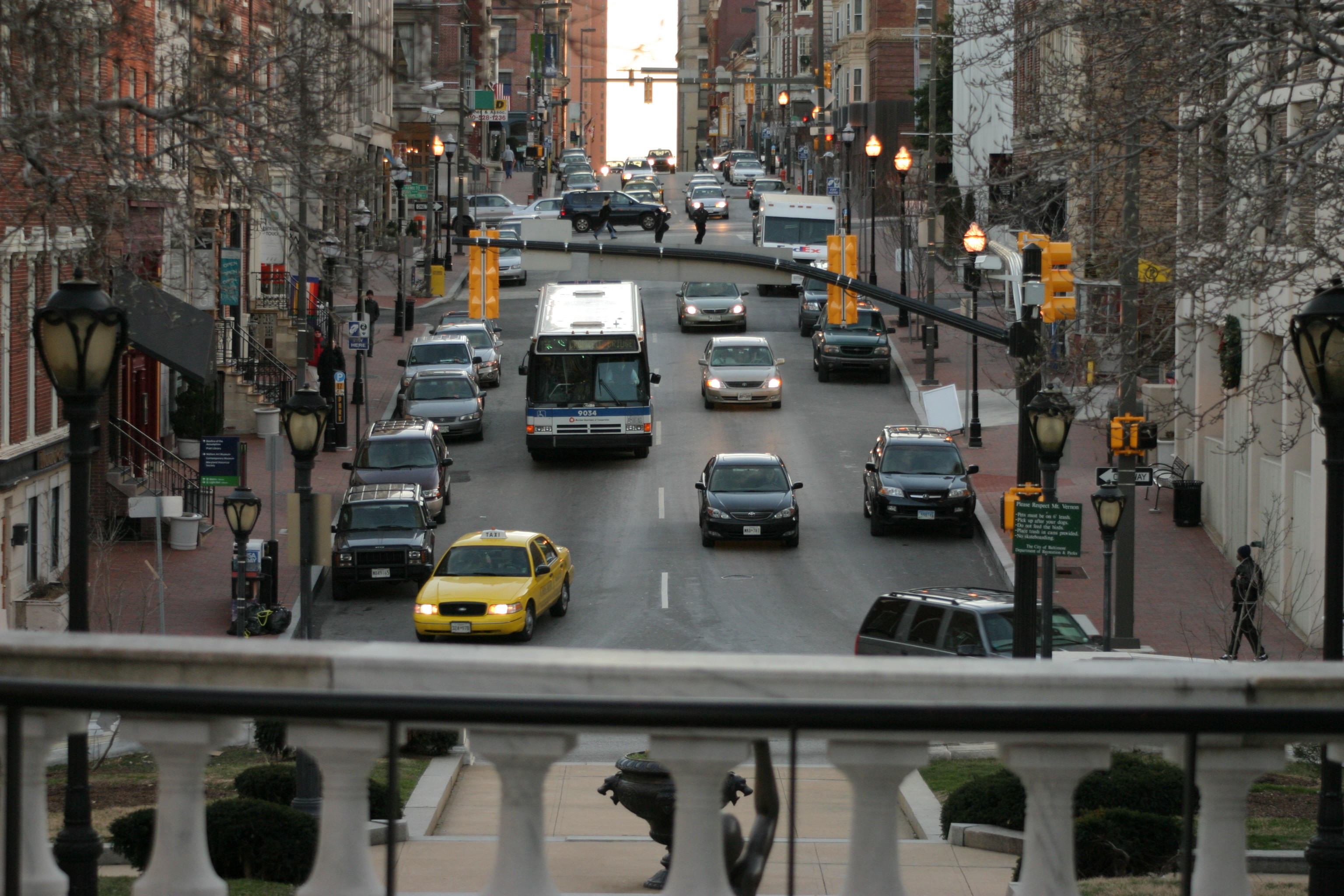Traffic patterns were redefined. Barriers were constructed. So many people teleworked that Metro's ridership was down by 18% on Wednesday. Tourists have arrived by bus, plane and rail. And joy has come in ways I've not experienced before. Police officers were going out of their way to say "Good morning," yesterday. Many people seemed to be smiling even as they had to wait an extra 20 minutes to cross the street.
Some people say our city put on quite a show. Indeed, it seems that everything about the Pope's visit went smoothly, just as planned. But it's now clear we were not really ready for the Pope. We were not ready for him to actually change us.
Our city is used to labels. Progressive people sit on the left while conservatives sit on the right. Some people wear blue and others prefer red. Some of us have elephants in our offices and others have donkeys in our front yards. Each thought, stance and person is to be labeled either "Democrat" or "Republican." Even the Washington Post could not stop from including the word "politics" when describing the Pope's first full day in our city.
The problem is, the Pope doesn't fit neatly inside either box. And his words yesterday cannot be labeled "progressive" or "conservative" no matter how many newscasters sought to say something like, "And just as the Republican lawmakers were settling into their seats, the Pope gave them something to stand up for when he talked about the family."
The Pope did not come here to win people to one side or the other. He did not come espousing conservative values or progressive ideals. He came preaching the Gospel. He came to talk about God who created the world, called it "good," and wants us to treat it with the same reverence and respect. He came and reminded people that God weeps whenever life ends - whether it's in the womb in a clinic or on a table in a penitentiary. He came to talk about the gift of wealth used rightly and the need to care for the vulnerable in our midst including children and the elderly. He came to talk about weapons and peace. And he then showed us how true riches can be found not in breaking bread with the "powerful" on Capitol Hill but with those who have an even more powerful way of showing us the face of Jesus in a nearby church's lunch ministry.
We were prepared to move the Pope through our city. But we were not prepared for him to move past our labels. We were prepared to sacrifice hours in hopes of getting even a quick glimpse of this gentle man. But we were not prepared for his words to move us, and certainly not the powerful amongst us.
The Speaker who cried yesterday announced his resignation today. People are quick to point to the politics, sharing how he won the seat by a narrow margin. But I think otherwise. You see, I've heard God speaking. I know the voice of one who says, "Will you come and follow me?" I know the joy that comes when one seeks to relinquish the treasures of this world in exchange for something far more powerful: treasures of the kingdom.
What if John Boehner not only met the Pope yesterday, but heard Jesus in a new way? What if he experienced a call to be reconciled, to live as one? What if he received a message to care for the poor and vulnerable around us? What if this humble, loving man renamed Francis showed him the way to peace, and how we might be more faithful instruments of his peace in other places? What if Jesus' friend name John experienced Jesus leading him to places where his gifts can be used in ways that will reap far more benefits than even being number three in line for the presidency?
My favorite definition of politics is "the ability to produce intended and foreseen effects upon others." If these words are true, then I bring politics into the pulpit every time I open my mouth because I long for lives to be changed through what I say. Ask any preacher if the same is true for her, and you're likely to hear a resounding "yes."
I cannot imagine the Pope coming to our country without praying that God would use him in a powerful way. I cannot imagine him coming to our country without praying the words Speaker Boehner reportedly prayed last night,
Lord, make me an instrument of thy peace.
Where there is hatred, let me sow love;
where there is injury, pardon;
where there is doubt, faith;
where there is despair, hope;
where there is darkness, light;
where there is sadness, joy.
O, Divine Master, grant that I may not so much seek to be consoled as to console;
to be understood as to understand;
to be loved as to love;
For it is in giving that we receive;
it is in pardoning that we are pardoned;
It is in dying to self that we are born to eternal life.
It seems that prayers are being answered in powerful ways.
Imagine what might happen if every person with power sought to pray this prayer and then become the answer to it?
God is still speaking. Praise be to God! God is still speaking!























